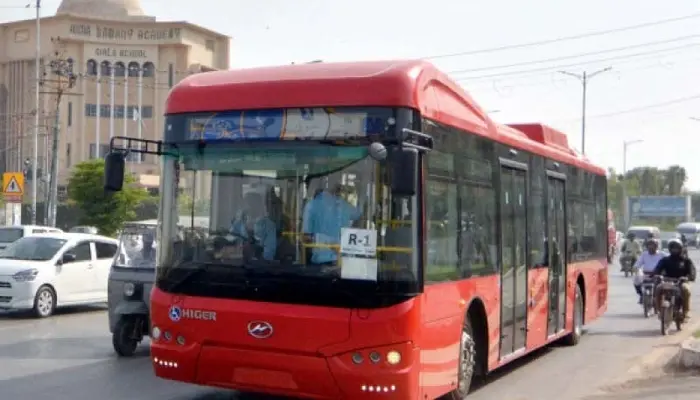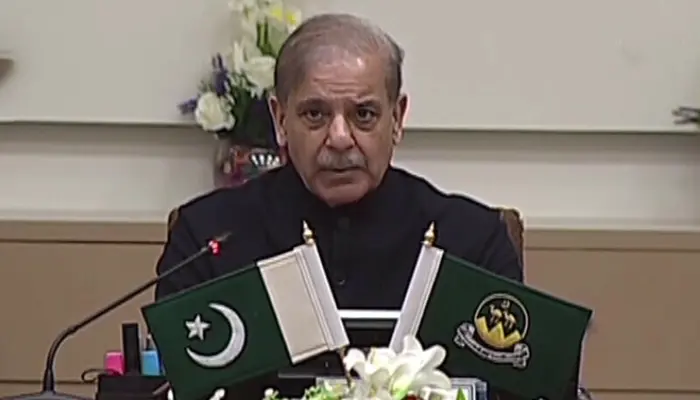
The Supreme Court has rejected two urgent petitions from Robert F. Kennedy Jr., who sought to have his name removed from the presidential ballots in the battleground states of Michigan and Wisconsin. With early voting already underway, Kennedy expressed concerns that leaving his name on the ballots could mislead voters about his willingness to serve if elected. The decision has significant implications as Kennedy, having suspended his campaign in August, endorsed former President Donald Trump and aims to avoid diverting votes in competitive states.
A Push to Remove His Name
After ending his campaign, Kennedy announced his support for Trump and requested to be removed from ballots in ten states where his presence might impact Trump’s chances against Vice President Kamala Harris. His legal strategy has faced significant challenges, as highlighted by the Supreme Court’s denials. In a statement from Kennedy’s team, they argued that being listed as a candidate sends an incorrect message to voters. However, in both Michigan and Wisconsin, state officials opposed Kennedy’s attempts, citing logistical hurdles and legal constraints.
Legal Battle in Wisconsin
Kennedy’s attempt to remove his name from Wisconsin’s ballot has drawn notable attention due to the unique logistical proposal he offered. Kennedy’s legal team suggested that election officials cover his name on ballots with stickers. The Wisconsin Elections Commission, however, rejected this, warning that placing stickers on four million ballots would pose an overwhelming challenge. The state’s law also prohibits candidates from declining nominations once they have qualified for the ballot, except in the case of death. Kennedy argued that forcing his name onto the ballot infringes on his First Amendment rights, a claim the court ultimately denied.
Michigan Court Upholds State Election Process
In Michigan, Kennedy similarly faced obstacles when the state’s Secretary of State Jocelyn Benson declined his request to withdraw his name. Citing that ballot printing was already underway, Benson argued that reprinting ballots just one week before Election Day would be highly disruptive. The legal precedent in Michigan, which prevents last-minute candidate withdrawals except under specific circumstances, played a key role in the decision. A federal appeals court also sided with Benson, noting that absentee voting had already started in Michigan, and changing the ballot now would be detrimental to both the voting process and election fairness.
Contradictions in New York and Concerns Over Voter Confusion
Kennedy’s recent legal battles contrast with his earlier actions in New York, where he fought to keep his name on the ballot. There, he argued that his supporters had a constitutional right to vote for him despite his lack of active campaigning. The Supreme Court previously denied his appeal in New York after he was disqualified over residency requirements.
Read: Australian PM Albanese Accused of Seeking Free Flight Upgrades
Election Impact and Future Challenges
Kennedy’s continued efforts to be removed from ballots reflect a shift in his campaign strategy and underscore his commitment to backing Trump. This legal conflict, however, may continue to fuel confusion among voters as they head to the polls. As the 2024 election nears, these developments indicate the complex and sometimes contradictory nature of Kennedy’s candidacy and endorsement decisions, potentially impacting critical swing states in unexpected ways.
Follow us on Google News, Instagram, YouTube, Facebook,Whats App, and TikTok for latest updates












